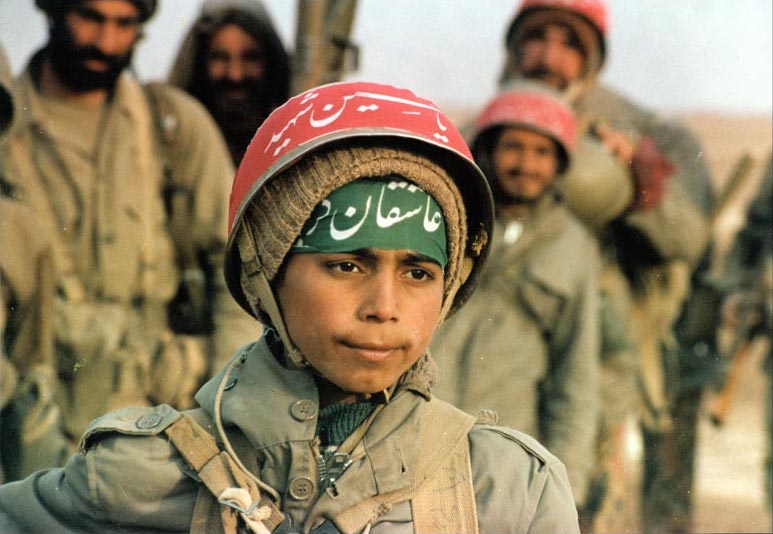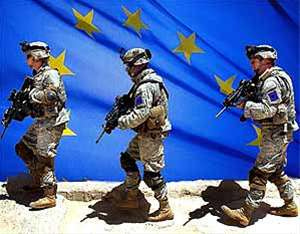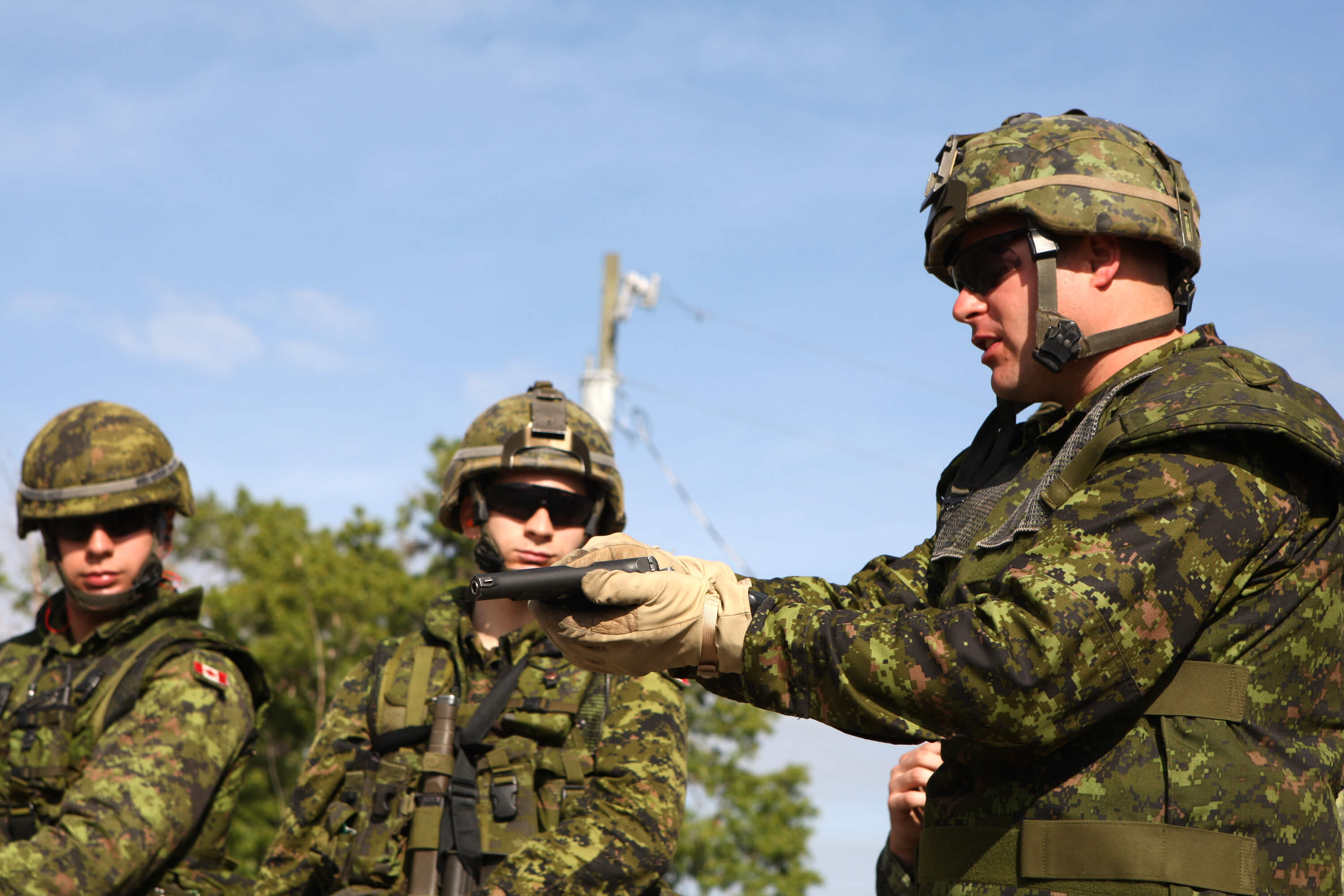Since the rise of the Islamic State militant group in Iraq, various foreign powers have involved themselves in the effort to defeat ISIS. However, the most influential foreign power in the country is not the U.S. or any other western power. Instead, it is Iran that has led the way. Iraq’s historic rival in the region, Iran has consistently acted against U.S. interests, most recently by backing the dictatorial Assad regime in Syria and by fomenting unrest in Yemen. Iran has been unwavering in its support of the Iraqi government and Shiite paramilitary forces, sending supplies, collecting intelligence, and providing leadership and training. Despite Tehran’s commitment to defeating ISIS, America and other western nations have shown concern over Iran’s role in the conflict, worried that the presence of Iranians may exacerbate sectarian tensions and provide a traditional enemy of the West greater influence in the region. In the struggle against ISIS, however, the West and Iran may be forced to put aside their grievances and work together to defeat a common enemy.
The expansion of ISIS in Iraq has threatened Iranian interests in a number of respects, necessitating a strong response from Tehran. Most obviously, there is the possibility that the violence may spill across the Iran-Iraq border. In order to assure the people of Iran that they are secure from ISIS, it is important for the Iranian leadership to show that they are effectively countering the threat. Secondly, as a Shiite state, Tehran has benefited from having a Shia government in power in Iraq. By deposing the Sunni government of Saddam Hussein in 2003, the Americans did Iran a great favor by replacing a neighbouring regime that was ideologically and politically hostile to Iran with a friendly Shiite leadership. In Tehran’s view, having a fellow Shia government in power in Iraq serves as a buffer against potential threats from the other Sunni powers in the region such as Saudi Arabia. Thus, Iran has incentive to support the current regime in Iraq, and to ensure that ISIS, a Sunni militant group, does not gain power in the country.
To further these policy objectives, Iran has employed a variety of tactics. Tehran has been active in supplying Iraqi government forces with weapons and supplies, reportedly sending as many as two transport planes per day to Baghdad in the summer of 2014. In addition, the Iranians have deployed a small fleet of surveillance drones as well as a signals intelligence unit focused on intercepting electronic communications among ISIS fighters. Most importantly, however, has been the Iranian deployment of its elite Quds Force unit to train and lead Iraqi government troops and Iranian backed Shia militias in their fight against ISIS. Iranian leadership has been crucial in coordinating effective ground campaigns in Iraq, combining regular army and militia fighters into a cohesive force. In the retaking of the city of Tikrit for instance, several Iranian officers, including the famous leader of the Quds Force Qassem Suleimani, directly led a force of 20,000 Shia militiamen and 3,000 Iraqi government troops to victory.
Yet Iran’s role in the fight against ISIS has concerned U.S. policymakers. Tehran’s Shia militias, many of which fought against the U.S during the Iraqi occupation, have been accused of committing numerous atrocities against Sunnis such as an incident involving the execution of 72 Sunnis. Such human rights abuses could deepen the sectarian divide within the country and increase instability at the expense of national unity.
Furthermore, the fact that Iran has taken a lead role in the ground campaign against ISIS while western countries have focused primarily on airstrikes could mean that the West will have considerably less influence in the political future of Iraq if ISIS is defeated. Because Suleimani and other Iranian commanders have been on the ground leading both Shia militias and Iraqi troops, Tehran will likely be in a better position than the U.S. to shape the country’s future, a sobering thought for many American leaders.
Whether the U.S. likes it or not, it is clear that Iran has become a key player in the fight against ISIS, and that the two parties are reluctantly working side-by-side to achieve the same goal. Western airstrikes provide support for Iranian-backed forces on the ground. America is similarly reliant on Tehran’s battlefield leadership to coordinate assaults to retake ISIS-held territory in Iraq. Yet this unintentional partnership is not as effective as it could be because the two sides refuse to formally cooperate, each unwilling to collaborate with its historic enemy.
While concerns about increased sectarian violence and rising Iranian influence in Iraq are valid, the reality is that there is not much the U.S. and other countries can do to prevent the Iranians from intervening. Thus, Washington’s best play may be to try to work with Iran to build a more unified front. By sharing military leadership and coordinating operations with Iran, the U.S. and other nations will not only see more success in combatting ISIS, but it will also put America in a better position to jockey for political influence in Iraq and to work with Tehran to keep Shia militias from engaging in sectarian violence. Cooperating with the West could also be useful for Iran as a means of building goodwill with the U.S. and European powers. Through such a partnership, Iran has the potential to rehabilitate its image as an aggressive power in the Middle East region, allowing the regime to continue to combat its negative pariah status in the wake of the recent nuclear deal.
The fight against ISIS has been further complicated by the recent military intervention by Russian forces in Syria. In the past few weeks, Russia has begun to launch airstrikes on militant groups opposed to the dictatorial regime of Bashar al-Assad in Syria. Putin has claimed that the primary goal of the intervention is to combat ISIS, but it appears that Russia has currently focused its air campaign against other opposition groups in Syria, including several secular factions backed by the U.S. Moscow has also been actively forming its own coalition in the region, recently announcing an intelligence sharing agreement between Russia, Iran, Syria and Iraq. With the involvement of Russia, American activities in the region are being further overshadowed, taking a backseat to the far more robust military efforts of Moscow and Tehran. Increased cooperation with Iran in the fight against ISIS would allow the U.S. to reassert some degree of influence over the conflict, showing Iraq and surrounding countries that the U.S., rather than Russia, is still the major external guarantor of stability in the region.
With the potential thaw in relations between the U.S. and Iran, exemplified by the recent nuclear agreement, there may be a political opening for both sides to find common ground on fighting ISIS. The U.S., while still approaching Tehran warily, would be wise to take advantage of this opening, to put aside past grievances, and show Moscow and the rest of the world that America is ready to play a leading role in combatting Islamic State.






